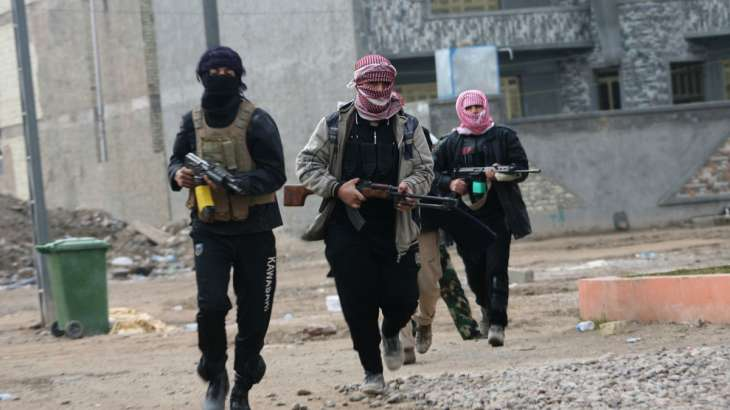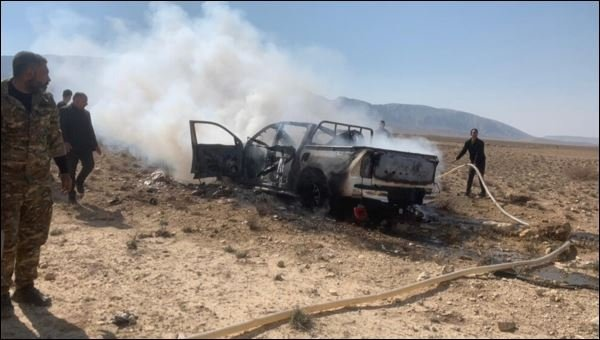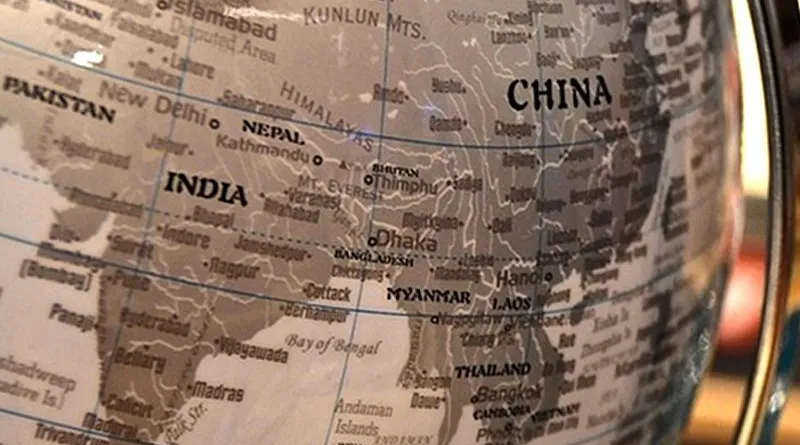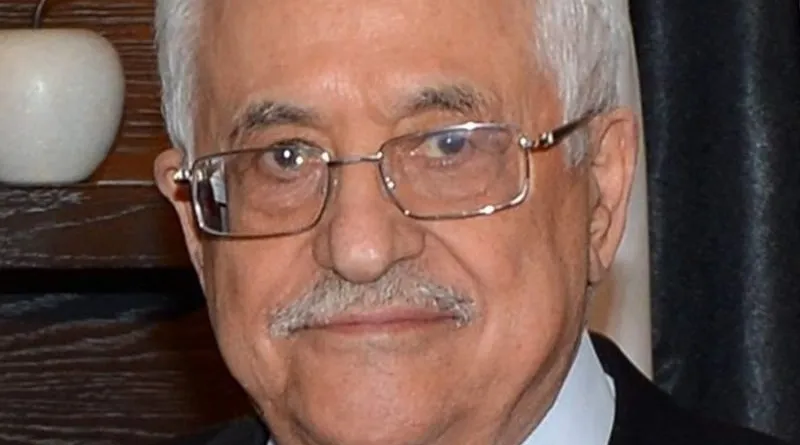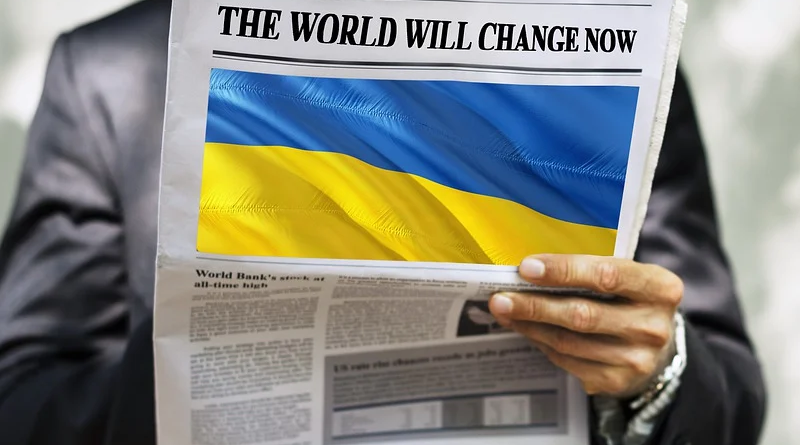Pour Paris, la tentative de coup d’Etat au Niger n’est pas “définitive”

La France ne considère pas comme “définitive” la “tentative” de coup d’Etat au Niger, où des militaires putschistes séquestrent le président “démocratiquement élu” Mohamed Bazoum, a déclaré la ministre française des Affaires étrangères Catherine Colonna, évoquant des “possibilités de sortie”.


